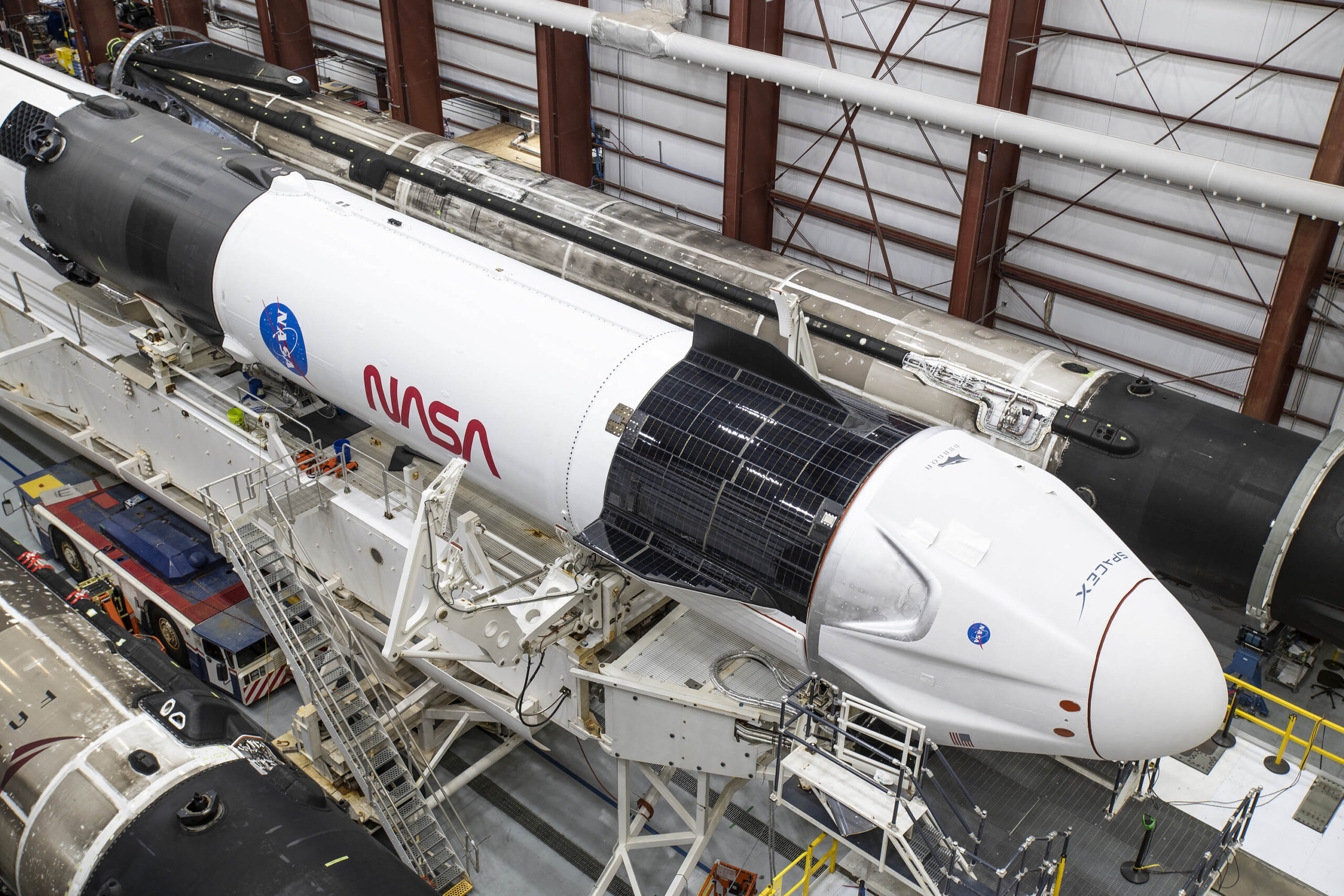
Elon Musk announced Thursday that SpaceX would begin decommissioning its Dragon spacecraft “immediately” in response to President Donald Trump’s threat to cancel government contracts with Musk’s companies.
Dragon is critical as the only U.S. vehicle capable of ferrying crew to and from the International Space Station (ISS). Musk’s tweet came after Trump’s claim on Truth Social that terminating Musk’s government subsidies and contracts would save “billions and billions” of dollars.
Rapid Reversal After Public Plea
Hours later, after an X user urged Musk to “cool off and take a step back for a couple days,” Musk reversed course, stating, “Ok, we won’t decommission Dragon.” This de-escalation was noted with some surprise given the high-profile spat between Musk and Trump, who until recently was one of Musk’s top government allies.
The dispute began after Musk criticized Trump’s major tax bill. Musk expressed frustration with the president’s threats, tweeting that without his support, Trump “would have lost the election” and that “such ingratitude” was being shown toward him.
Whether this ceasefire holds remains uncertain as the feud continues to simmer. Musk’s sharp rebuke and Trump’s prior comments indicate a strained relationship despite their past alliance.
The Importance of Dragon
SpaceX’s Dragon spacecraft recently returned NASA astronauts Butch Wilmore and Suni Williams safely to Earth after months at the ISS. In April, another Dragon mission delivered over 6,700 pounds of supplies and equipment to the station, which currently hosts seven crew members including three NASA astronauts.
NASA has reaffirmed its commitment to space exploration efforts aligned with the president’s vision, with spokesperson Bethany Stevens emphasizing continued partnerships with industry leaders like SpaceX.
Since 2008, SpaceX has received over $20 billion in contracts from NASA, the U.S. Air Force, and other agencies. The Dragon spacecraft remains the only private vehicle capable of returning significant cargo and passengers safely from orbit.
Though SpaceX is developing Starship as a potential replacement, company president Gwynne Shotwell noted in November that Dragon flights would continue for six to eight more years. The Starship program, however, recently suffered its third launch failure in May.
What The Author Thinks
This public back-and-forth highlights the fragile balance between political influence and technological progress. While government contracts are vital for space innovation, personal disputes risk undermining critical programs. Musk’s initial reaction shows the pressure companies face when political rhetoric turns adversarial. For the sake of space exploration and national interests, it’s essential that dialogue replaces discord and that decisions prioritize mission success over politics.
Featured image credit: Wikimedia Commons
For more stories like it, click the +Follow button at the top of this page to follow us.
